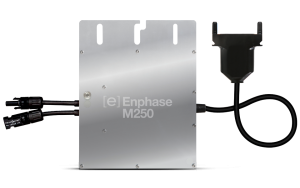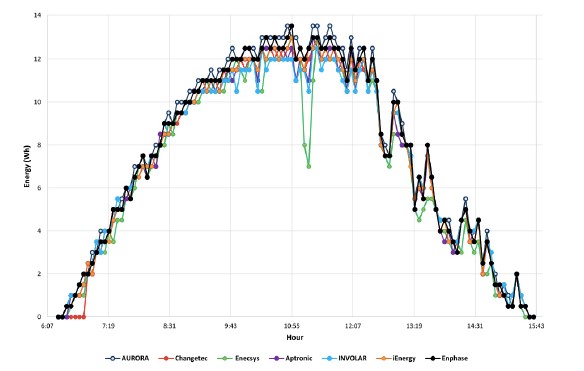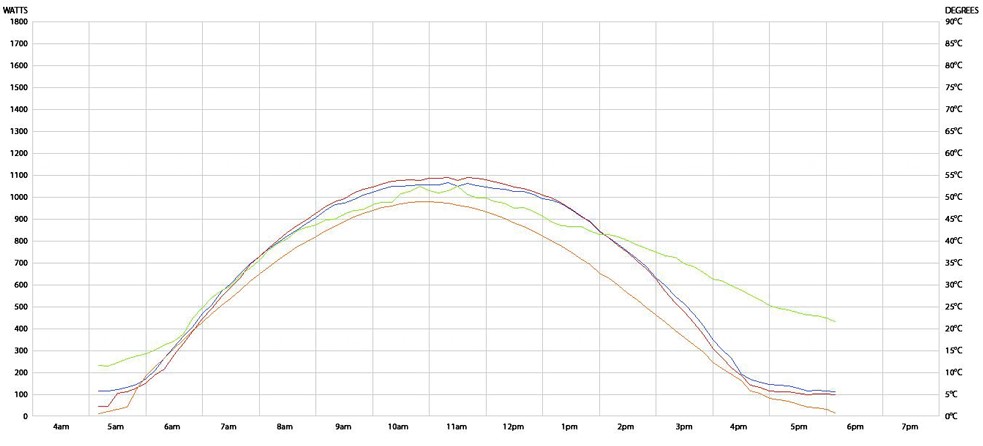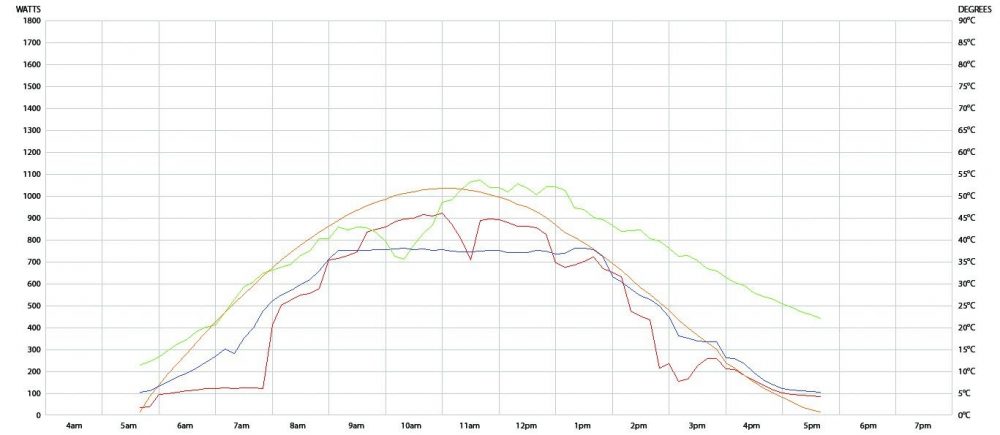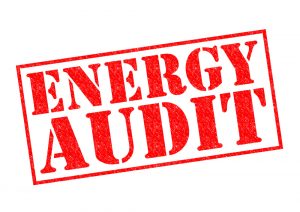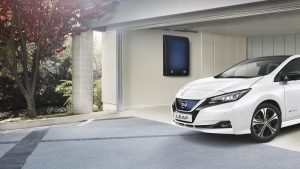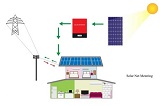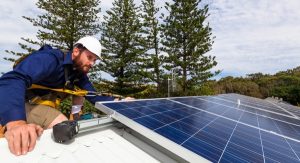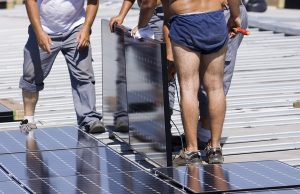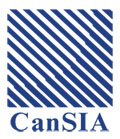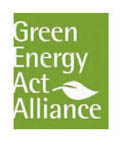Micro-inverters are the newest solar technology available on the market and claim to increase overall solar energy system performance and energy yields.
When micro-inverters were first introduced to the solar industry in the early 1990’s, they presented an exciting opportunity to drastically improve the efficiency and performance of solar energy systems around the world. However, poor reliability and high purchase and installation prices caused their popularity to suffer until more recently.
As prices have decreased, the micro-inverters reliability and performance have increased making them a much more appealing option for installers when designing a solar energy system. With affordable pricing options now available, it is important for homeowners to consider the various performance data available when deciding whether to install a string inverter or a micro-inverter on their home.
There are multiple environmental stresses experienced by micro-inverters, but it is accepted that micro-inverters operate on average at 96% efficiency when converting DC power to AC power. There is not a great deal of data available on how micro-inverters perform as part of an operational solar energy system, but we have sourced some field tests to show you how they perform in real world conditions.
Not all micro-inverters are created equal
An outdoor field test was set up in 2013 at the University of Paderborn in Germany to give solar installers a more in depth understanding of who micro-inverters perform in real life operating conditions.
With seven different brands of micro-inverters connected to identical 215W solar panels, the field test was conducted over a 12-month period. From this test, data was collected to compare the energy yields between the different brands of micro-inverters.
As you can see from this chart, each micro-inverter produced different energy yields during the test period. The data extracted from the field test (November 2013 to June 2014), established a ranking list between the seven manufacturers and revealed the following results:
Rank Manufacturer Relative Energy Yield
- Aurora 100%
- Involar 95.5%
- Enphase 95.0%
- APtronic 93.7%
- iEnergy 93.1%
- Enecsys 91.1%
- Changetec 75.6%
What about string inverters vs. micro-inverters
While you can look at the data to compare the performance difference between manufacturers, there are also different performance indicators between string inverters and micro-inverters.
In 2012, the Renewable Energy Testing Initiatives (RETI) conducted a field test to observe the difference in performance between micro-inverters and string inverters installed under the same installation and environmental test conditions.
From this chart produced on 13 November 2012, the blue line shows the performance of a micro-inverter compared to the red line showing the performance of a string inverter. The green line represents panel temperature while the orange line shows solar irradiance.
This field test shows the micro inverter outperforms the string inverter during the morning and afternoon in low light conditions. The string inverter’s output improves during peak generating hours of the day and becomes more efficient than the micro-inverter.
Over the course of the entire day, the two system’s output was relatively the same, demonstrating that in non-shaded conditions there is not a lot of difference between string and micro-inverter performance.
Manufacturers claim micro-inverters have the ability to outperforming string inverters in partially shaded conditions. This claim was put to the test by RETI, and a shade analysis was conducted. This test revealed that the micro-inverter outperformed the string inverter by 7.5% in partially shaded conditions.
Are micro-inverters worth the extra cost?
The ability of micro-inverters to isolate individual panels to ensure higher overall system performance in shaded conditions is where these inverters come into their own and make economic sense to install as part of a solar energy system.
Choosing the right inverter for your unique situation is critical to ensure optimal solar power generation for your home or business. Contact our friendly team at Ontario Solar Installers and ask us whether a micro-inverter or string inverter is better suited for your solar installation.


